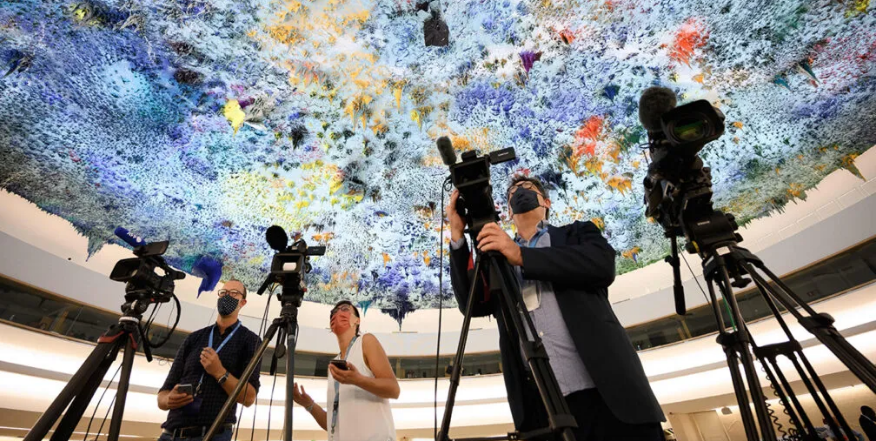
- More than 200 health journals have banded together to urge world leaders to adopt a more aggressive response to climate change.
- As health journalists, the authors of the editorial cite the damage to human health already resulting from global warming.
- The editorial is directed at global leaders attending several major climate summits this fall.
In September 2021, the United Nations General Assembly will meet to address the worldwide climate crisis. Later this fall, two other major summits — a biodiversity conference in Kunming, China, and the COP26 climate conference in Glasgow, United Kingdom — will convene.
Ahead of these important gatherings, an international coalition of more than 200 health journals has published an editorial urging a more aggressive and equitable response to the threat of climate change.
On September 6, 2021, a total of 233 journals simultaneously published the editorial.
The editorial is titled, “Call for emergency action to limit global temperature increases, restore biodiversity, and protect health.”
It calls on world governments to undertake in earnest a response that reflects the gravity of climate change.
Lyndsay Walsh, climate policy advisor for Oxfam, told Medical News :
“These medical professionals are adding to a chorus of voices calling on rich countries to go beyond their outstanding commitment to provide $100 billion a year in climate finance, further emphasizing that the world is watching closely for what leaders commit to at COP26 in Glasgow.”
The editorial’s authors write:
“Health is already being harmed by global temperature increases and the destruction of the natural world, a state of affairs health professionals have been bringing attention to for decades.”
“The science is unequivocal,” says the essay, noting that “a global increase of 1.5°C [2.7°F] above the pre-industrial average and the continued loss of biodiversity risk catastrophic harm to health that will be impossible to reverse.”
As the planet has been warming over the last 20 years, says the editorial, the effects on human health have been clear.
“Harms disproportionately affect the most vulnerable, including children, older populations, ethnic minorities, poorer communities, and those with underlying health problems.”
According to Walsh:
“As a humanitarian agency, Oxfam is already seeing the human cost of the devastating effects of extreme weather, from lives lost in Ugandan floods to hunger in drought-stricken Kenya and Iraq, and increased disease in humans, animals, and crops — all of which need increasing amounts of aid to help vulnerable communities cope and which will only worsen as global heating continues.”
Climate change, the authors note, is also wreaking havoc on food production and attempts to reduce worldwide malnutrition. “The widespread destruction of nature, including habitats and species,” says the editorial, “is eroding water and food security and increasing the chance of pandemics.”
Among the concerns that the editorial raises is a growing acceptance among powerful members of the global community that the planet’s temperature will inevitably rise above the 1.5°C threshold. The authors contest this conclusion, asserting that with a sufficiently committed response, the lower threshold may still be avoidable.





















